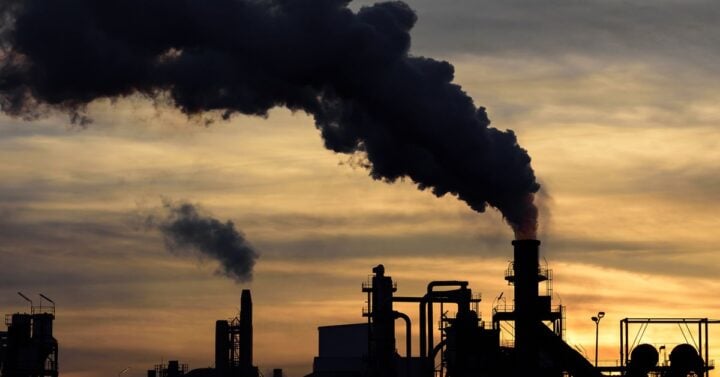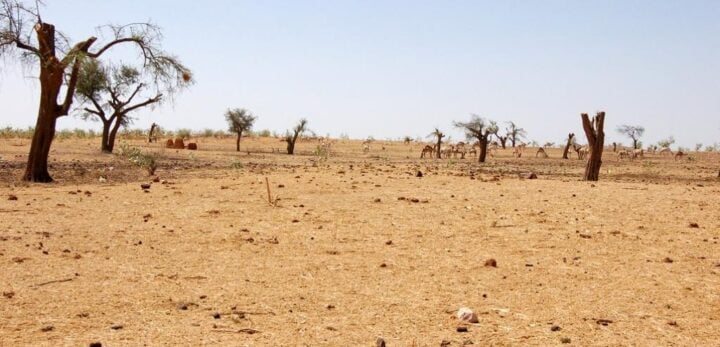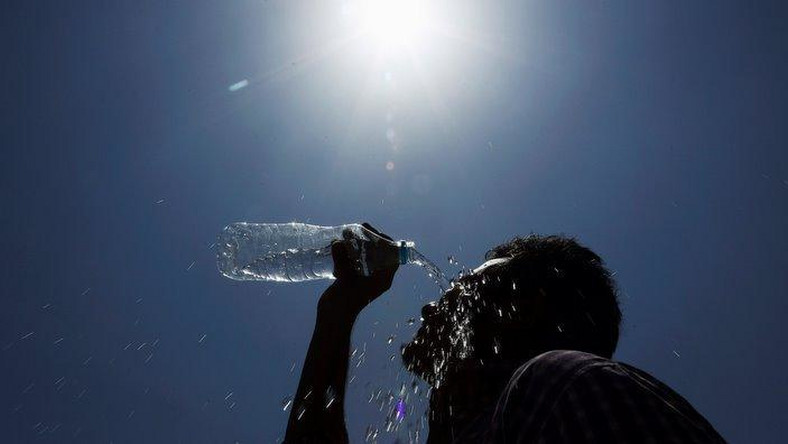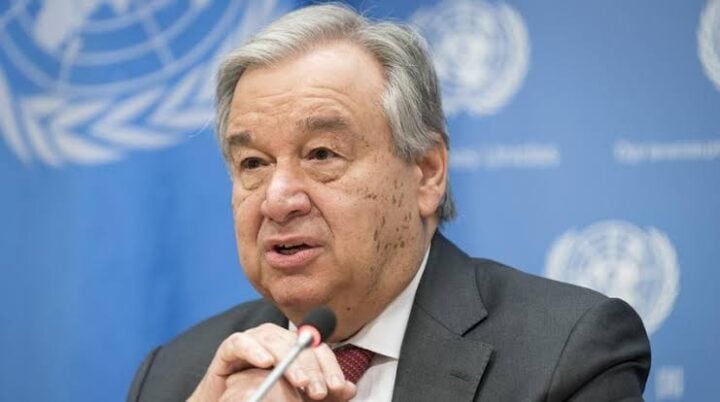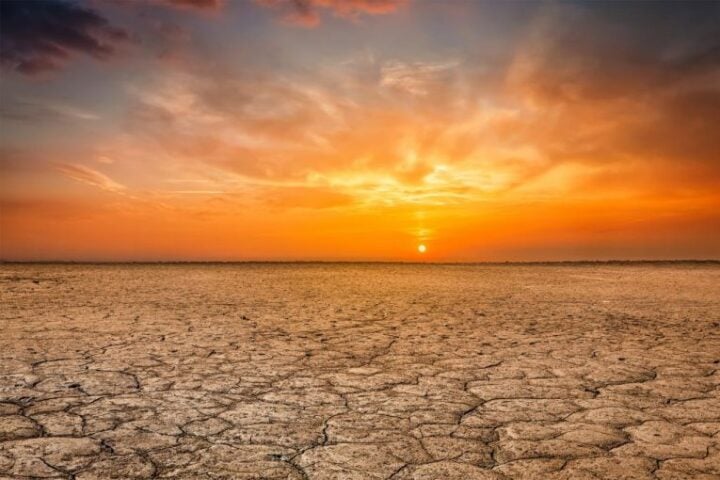A report by IQAir, a Swiss technology company, has shown that only seven countries met the World Health Organisation (WHO) air quality standards in 2023.
In a statement on Tuesday, the company said only seven countries satisfied the air quality levels that are at or below the healthy annual average recommended by the WHO.
The report listed Australia, Estonia, Finland, Grenada, Iceland, Mauritius, and New Zealand as the countries that met air quality standards, noting that others recorded highly dangerous pollution levels.
Bangladesh with PM2.5 levels more than 15 times higher than the WHO annual guideline is among the countries that did not meet the standard air quality levels.
Advertisement
Others are Pakistan which is more than 14 times higher; India, more than 10 times higher; followed by Tajikistan and Burkina Faso, which are nine times higher, respectively.
The WHO defines PM2.5 as a fine particulate matter (PM2.5) that can penetrate through the lungs and further enter the body through the bloodstream, affecting all major organs.
The global health body said exposure to the particulate matter can cause diseases both to the cardiovascular and respiratory systems, provoking, for example, stroke, lung cancer and chronic obstructive pulmonary disease (COPD).
Advertisement
In 2021, research showed that PM2.5 was more harmful than previously thought, making the WHO to issue new guidelines on air pollution and setting the 24-hour PM2.5 safe limit at 15 μg/m3 (micrograms per cubic meter air) and the annual threshold at 5 μg/m3.
However, the new report by IQAir shows the world has not heeded the guidelines as “a total of 124 (92.5%) out of 134 countries and regions exceeded the WHO annual PM2.5 guideline value of 5 µg/m3”.
The report added that while the number of countries and regions with air quality monitoring has steadily increased over the past six years, there are still significant gaps in government-operated regulatory instrumentation in many parts of the world.
“Low-cost air quality monitors, sponsored and hosted by citizen scientists, researchers, community advocates, and local organizations, have proven to be valuable tools to reduce gaps in air monitoring networks across the world,” the statement reads.
Advertisement
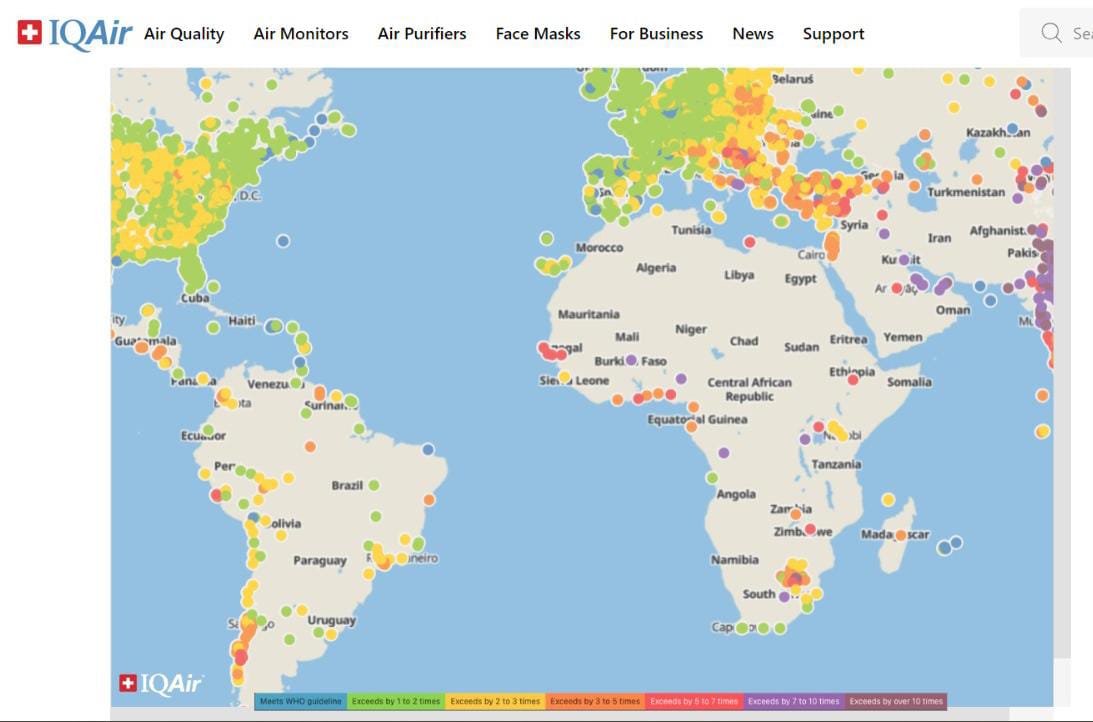
LAGOS RANKED 1043 MOST POLLUTED CITY
Three Nigerian cities sampled by IQAir including, Lagos, Benin and Abuja ranked 1043, 674 and 199 respectively, out of 7,812 cities.
The report emphasised that while most continents and regions were well represented and reported, “Africa remains the most underrepresented continent, with a third of the population still lacking access to air quality data”.
Advertisement
Frank Hammes, Global CEO of IQAir, said the lack of air quality data in many parts of the world perpetuates “unnecessary human suffering”, thereby putting lives at risk.
“A clean, healthy, and sustainable environment is a universal human right. In many parts of the world the lack of air quality data delays decisive action and perpetuates unnecessary human suffering,” Hammes was quoted as saying.
Advertisement
“Air quality data saves lives. Where air quality is reported, action is taken, and air quality improves.”
Aidan Farrow, senior air quality scientist, said IQAir’s annual report illustrates the international nature and inequitable consequences of the enduring air pollution crisis.
Advertisement
“Local, national, and international effort is urgently needed to monitor air quality in under-resourced places, manage the causes of transboundary haze, and cut our reliance on combustion as an energy source,” Farrow said.
Greenpeace International, an independent global campaigning network, said 2023 air pollution remained a global health catastrophe.
Advertisement
The organisation said IQAir’s global data set “provides an important reminder of the resulting injustices and the need to implement the many solutions that exist to this problem”.
